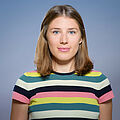Teamwork makes the dream work
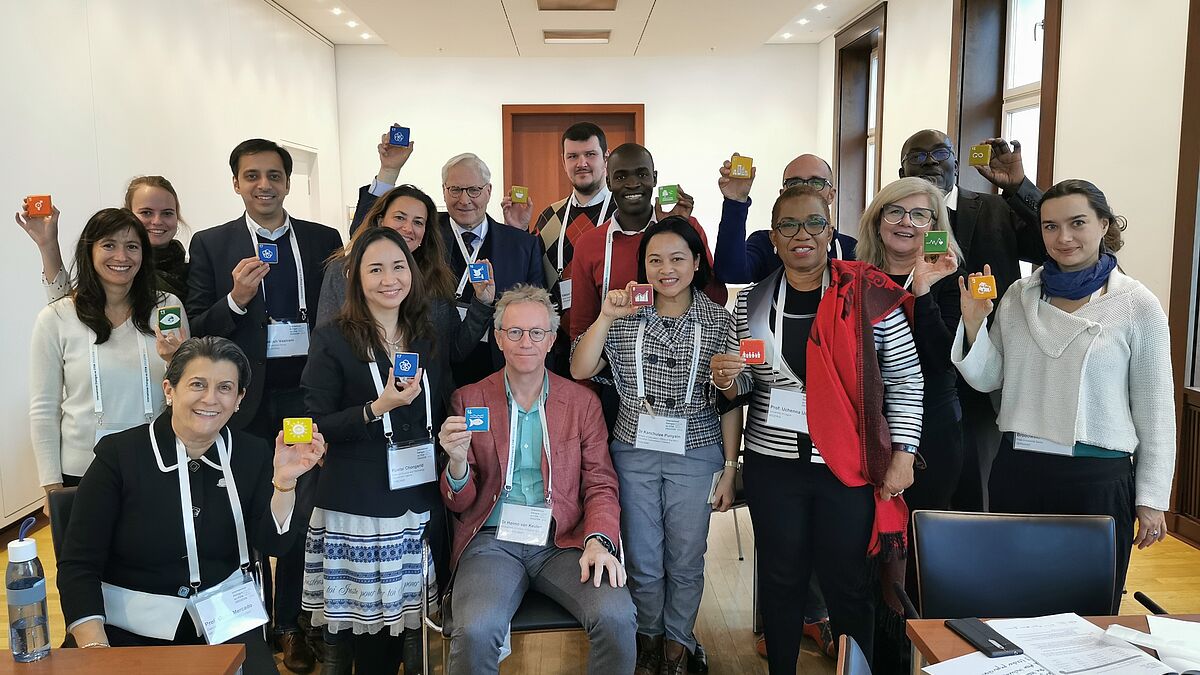
It took over a year of hard work to make our second "International Dialogue on STEM Education" (IDoS) possible. But in the end, the hard work that my team and I put into creating a true international dialogue paid off. This second International Dialogue on STEM Education was an especially fruitful one. On 5 and 6 December 2019, we brought together 100 scientists, decision-makers and representatives of leading STEM education initiatives throughout the world to focus on "STEM Education for Sustainable Development".
When I took over this project in October 2018, we had already mastered our first IDoS in 2017. There were lots of things to learn, there was lots of scope for improvement, and adequate space for me to realign the idea of bringing international education experts together to create an open dialogue that positions STEM as an educational strategy for enhancing citizens’ capabilities to create sustainable societies in the 21st century and to enable international cooperation on the topic of "STEM Education for Sustainable Development". In collaboration with 14 international experts from 6continents and 12 countries, we asked ourselves: "How do we empower children through STEM education to contribute to creating sustainable societies?"
Acting locally and taking responsibility for the world
On the first day of the IDoS 2019 conference, the attendees worked in six parallel workshops on various topics. The workshops were led by representatives of outstanding STEM initiatives from all six continents. These exemplary concrete projects conveyed to the attendees how different practical ideas can be adapted to different educational systems and countries. Global similarities and differences between the challenges and solutions were made visible and yielded impulses and recommendations for the implementation of effective pedagogical and social strategies. Although all the workshops had different formats, they all focused on interaction and participation. To give just two examples, one workshop discussed culturally relevant educational aspects, territorial needs, and typical problems related to sustainability in the local communities of the participants. During that workshop, the participants collaboratively developed a first draft of a small or medium-scale educational project with specific activities aimed at generating STEM-based solutions to local problems or needs. Another workshop focused on the Sustainable Development Goals (SDGs). The participants engaged first-hand with the components of frameworks for involving young people in solving the world’s most complex socio-scientific problems.
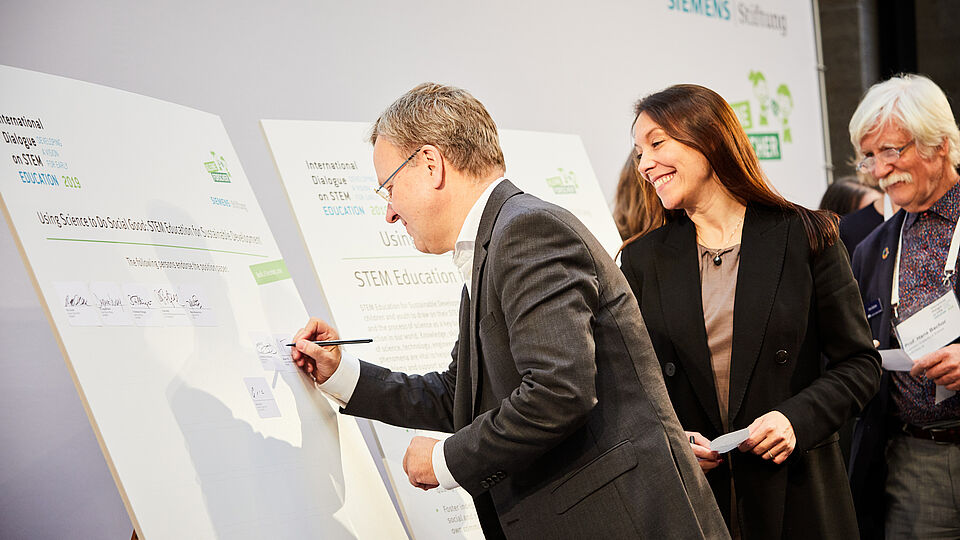
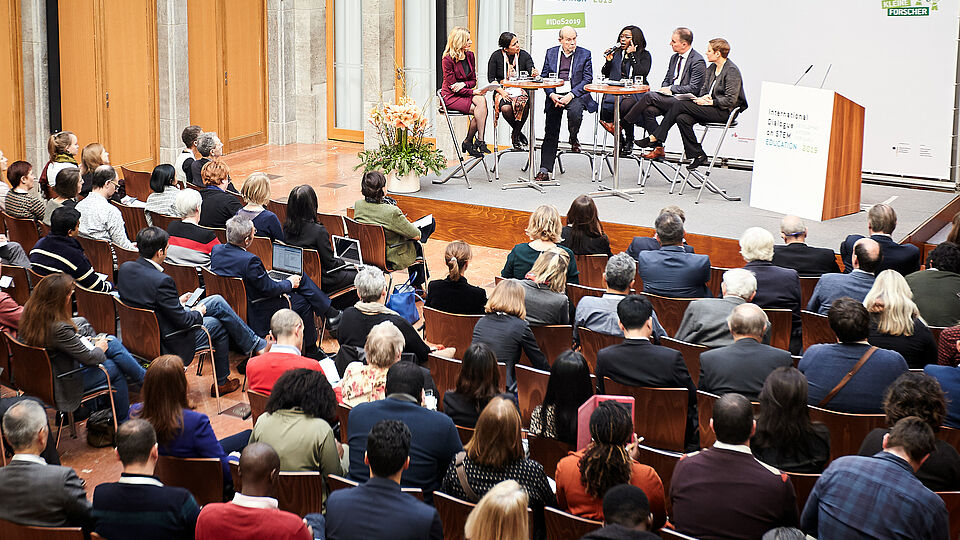
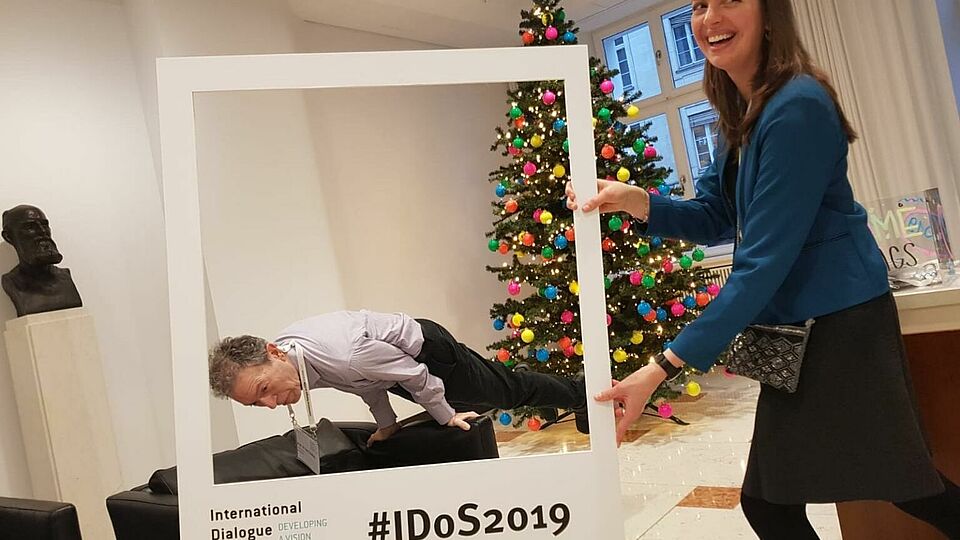
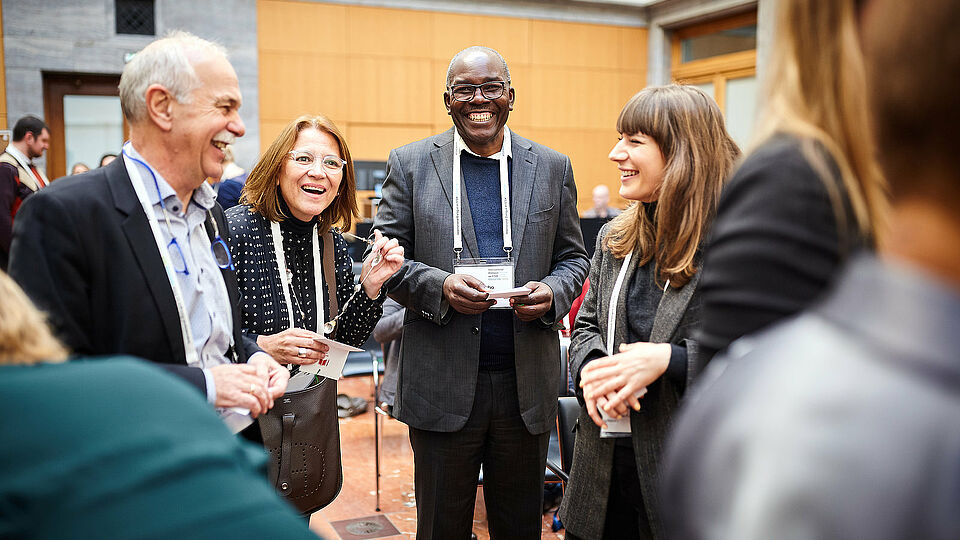
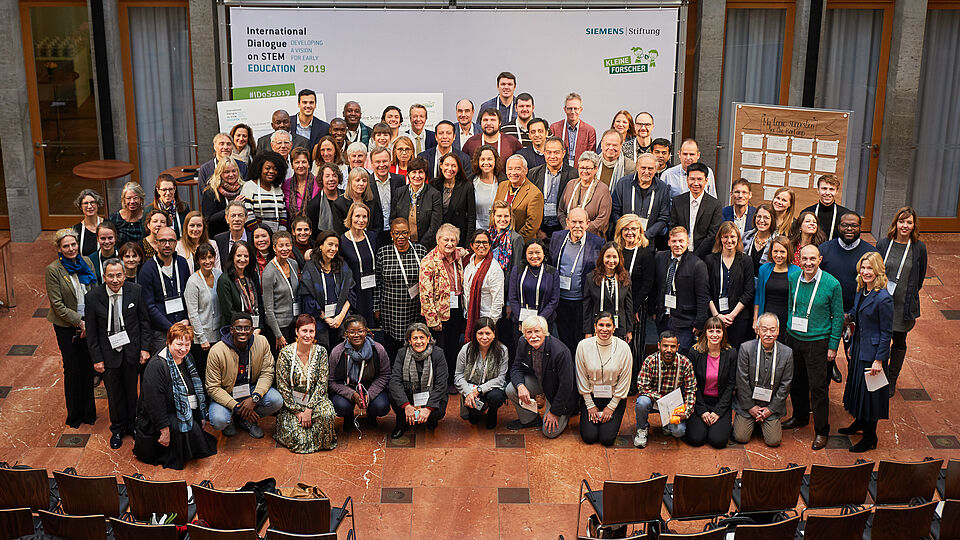
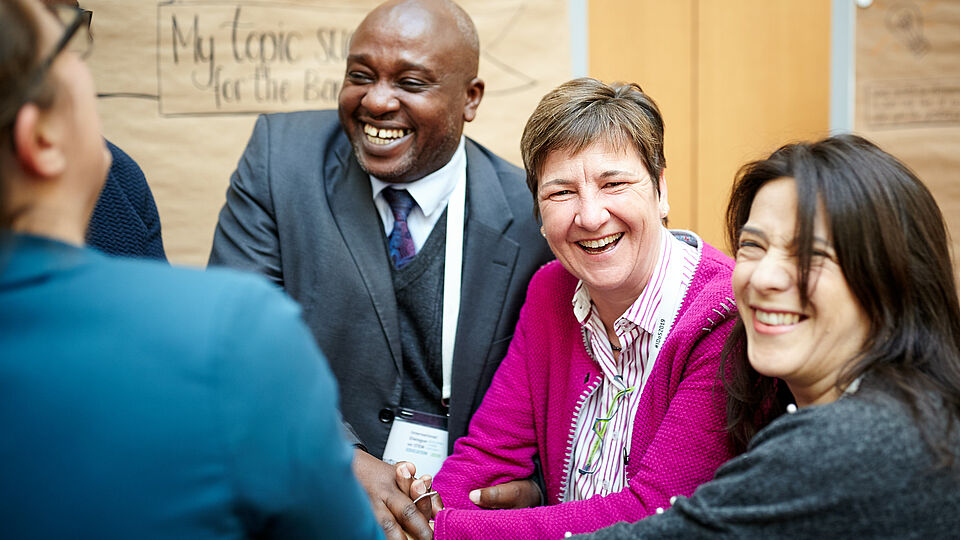
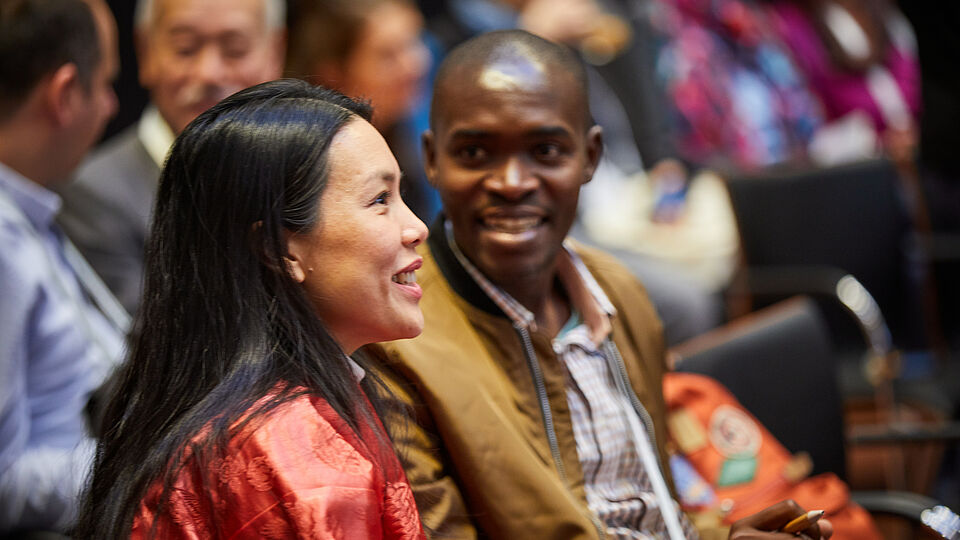
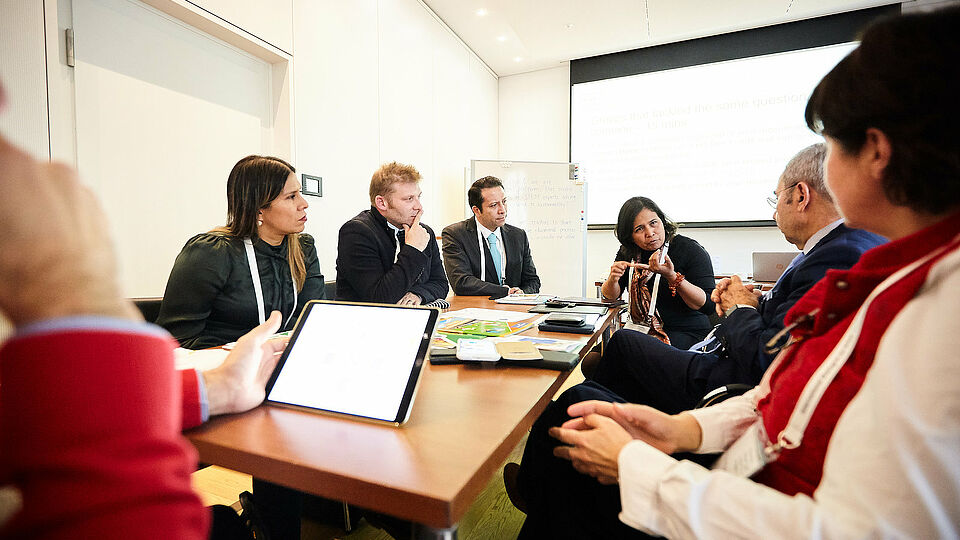
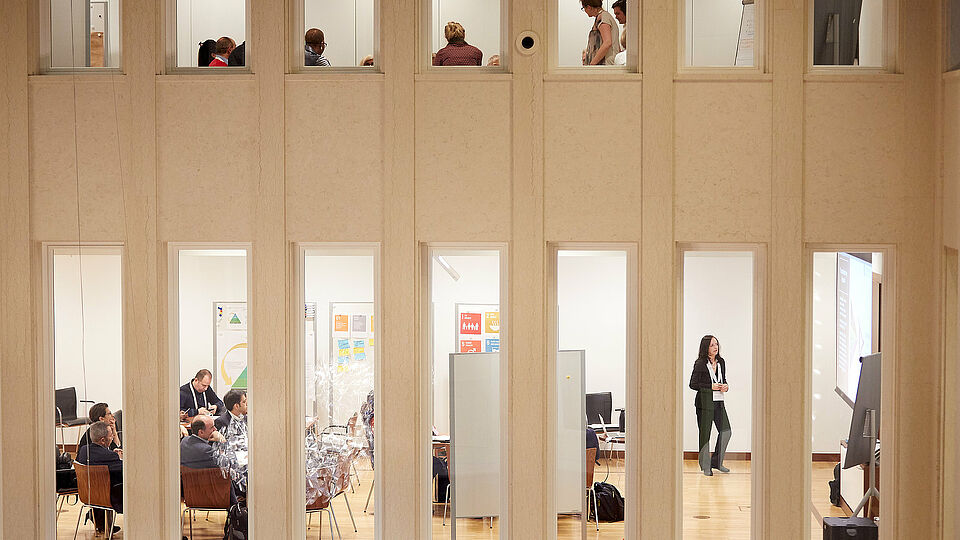
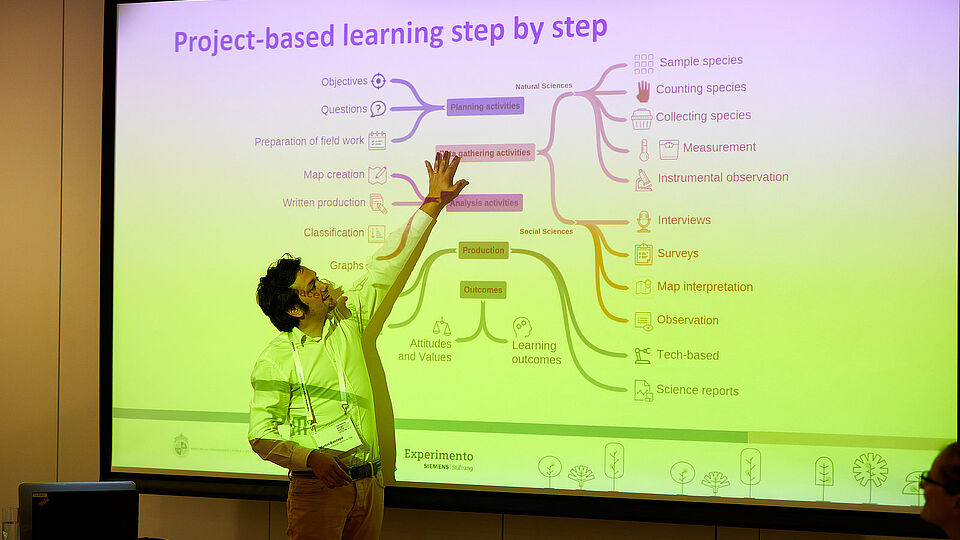
On the second day of IDoS 2019, we used BarCamps to facilitate open-minded and critical exchanges among the participants. At the BarCamps, the participants were not only listeners, but were also actively involved in shaping the conference. They discussed the input of the first day further or presented their own burning issues, thereby making them part of the conference programme.
During the two conference days, the participating practitioners, scientists, and decision-makers shared ideas, discussed, reflected, and learned from one another, and thereby jointly identified potential for the future. We thus used a method called "the three horizons of change". The international collaborative network of people present at IDoS, who are committed to pooling their experience and insights in order to explore the complex challenges that our world faces, worked out ways of enhancing citizens’ capabilities for effective action in creating sustainable societies in the 21st century.
It takes a team to create a dialogue
Over the past year, different international perspectives enriched my work, broadened my horizon, and made the elaboration of the IDoS 2019 conference not only informative but also really enjoyable. Myself and my team spent countless hours preparing this conference. We drafted and formulated interactive formats; we prepared and conducted numerous international meetings – digital and analogue; we issued a worldwide call for projects; and we coordinated the elaboration of the international position paper. There is an African proverb that says "It takes a village to raise a child". I feel that this proverb can be adapted to fit IDoS 2019: "It takes a great team to create an international conference and a true dialogue before, during, and after the conference." The entire IDoS 2019 team and the IDoS programme committee worked so hard to create a great experience for all attendees. So this post is especially a big shout-out to my team and to the members of the programme committee. We created something magnificent that will hopefully continue to grow and spread.

